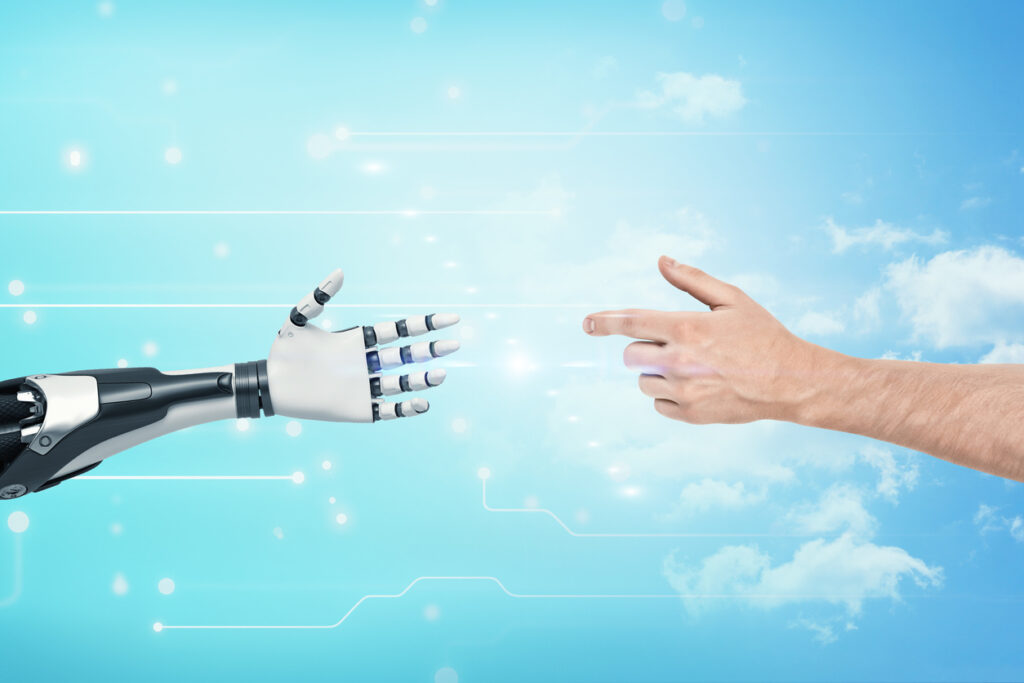The rise of artificial intelligence and its widespread applications have made soft skills such as creativity and emotional intelligence more important than ever. But companies need to personalise training to empower this 21st century workforce.
Author of Sapiens and 21 Lessons for the 21st Century Yuval Harari warns us that the kinds of skills we need as humans and in the workplace is radically shifting as AI, bio-engineering and direct brain-computer interfaces make our lives and jobs radically different from what our parents told us to expect from life.
He also has predicted that education is going to be one of the biggest areas that will be disrupted, as today’s 'screenagers' already have far too much information and that what needs to come to the fore instead is the ability to make sense of information, or as he says “to tell the difference between what is important and what is unimportant, and above all to combine many bits of information into a broad picture of the world”.
This is a sentiment echoed by Edmund Monk, learning industry analyst and CEO of The Learning & Performance Institute, speaking at our learning industry event on the Skills Economy at the Swiss Embassy in London last month: “The Digital Native current school student sees learning now as not being about fact retention, but synthesis and analysis of those facts”.
Monk may be wrong when he predicts that A-level students will soon be allowed to take their smartphones into their final examinations. But what we can be sure about is that the whole concept of skills and which ones matter is under radical re-examination – by employees themselves most of all.
The growing centrality of the soft skill
Many commentators say that as we continue deeper into the new century, so-say ‘soft’ skills about working better with other people may well end up more in demand, in contrast to the ‘hard’ skills more reliant on fact-retention.
Indeed, soft skills-based occupations may account for two-thirds of all jobs by 2030, according to Deloitte, while the Manpower 2018 Talent Shortage Survey underlines how transferable soft skills are gaining greater importance, with more than half of employers saying communication skills – written and verbal – are their most valued employee attributes, followed by collaboration and problem solving.
Another study, the World Economic Forum’s recent Future of Jobs study, gives us more clues as to we can expect. Creativity is one of the top three skills workers will need it says - and also while robots may help us get to where we want to be faster, they cannot as yet be as creative as homo sapiens.
Transferable soft skills are gaining greater importance, with more than half of employers saying communication skills – written and verbal – are their most valued employee attributes, followed by collaboration and problem solving.
Intriguingly, emotional intelligence, an attribute that did not feature in the top 10 in its last (2015) report, has somehow become one of the most desired skills needed in the workplace.
The $64,000 question, of course is how will we learn or re-acquire these increasingly desirable new capabilities? Organisations need to accelerate their efforts to upskill and reskill employees – but they also need to say goodbye to long, boring training sessions that are too general to be personalised and not at all engaging to today’s learner.
Making corporate learning relevant again
To make training relevant and exciting and deliver what the learning organisation of tomorrow says it will need, the employee-learner also needs to be the centre of the learning experience. We’ll do that by personalising her learning journey, offering content she really needs, but also stimulating her curiosity.
Learning and having fun are a good way of starting to do that, as play and learning are both based on the desire to progress, to work with others and to have a social experience.
Neuroscience has shown us that playing stimulates curiosity and the desire to progress, for example, and play creates a congenial learning experience. Meanwhile, constant upskilling is in things closely related to our daily job activities is a natural human thing to want to do we should be capitalising on too.
To be successful, then, a modern workplace learning experience should be deeply integrated with a job position and be directly useful to the learner.
Microlearning is a very powerful way to make this happen, by the way, and should therefore be well integrated into the learning experience, allowing the employee to directly look for the knowledge she really needs before a meeting, for example.
At the same time, the contribution of wider communities of learners should not be underestimated either; the ability to interact and measure up to others increases learning capacity.
As a result of the kind of seismic drivers of employment change people like Harari and organisations like the World Economic Forum are flagging up for us, it is becoming more and more imperative we all think for our long-term employability.
Businesses that don’t equip their workforces with the tools to help will not be able to compete – shrinking, or even disappearing, as disruptive new players better able to help their teams develop the skills they need take their place.











